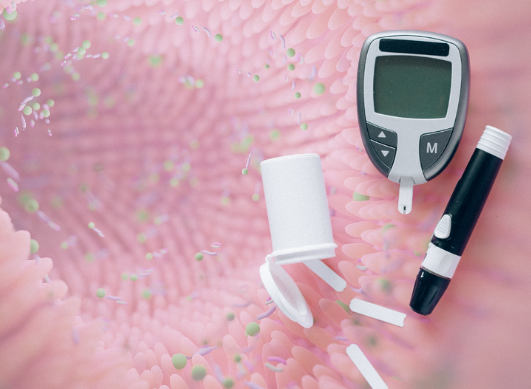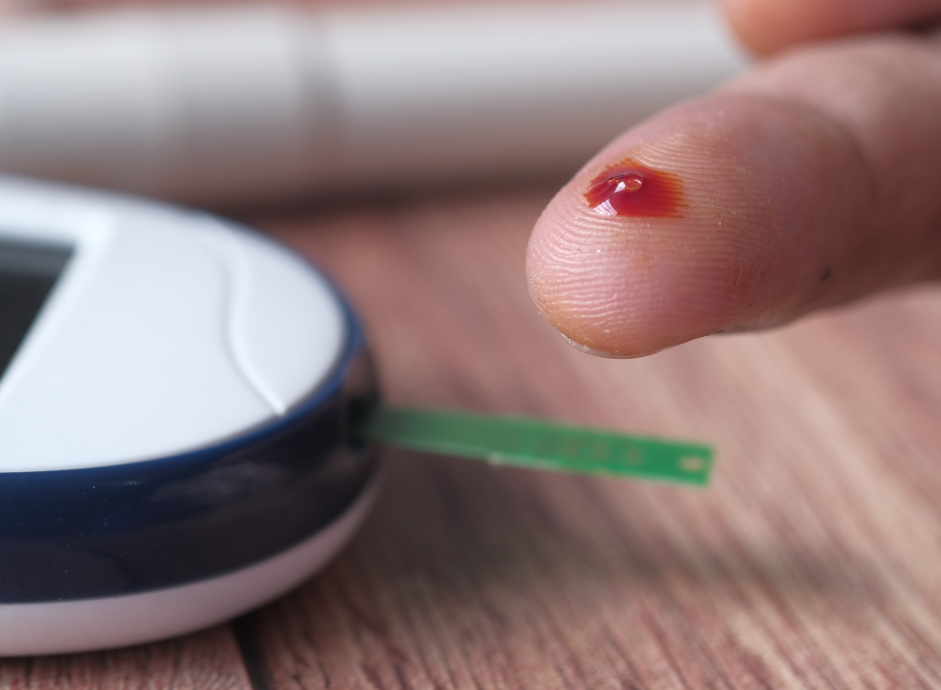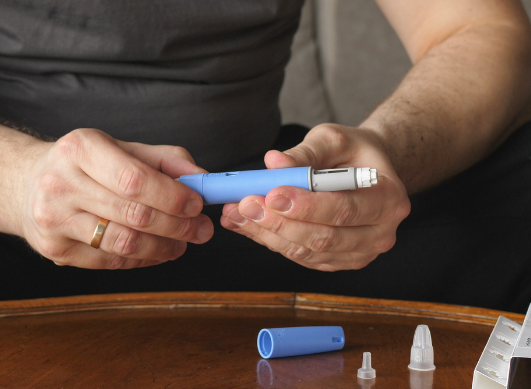- Home
- Forums
- Diabetes (Type 2) Forum
- Research and useful links - Type 2 Diabetes
- Type 2 diabetes: Late breakfast could drive obesity
Patients Diabetes (Type 2)
Type 2 diabetes: Late breakfast could drive obesity
- 30 views
- 0 support
- 2 comments
All comments
![]()
Stacylynne76
Good advisor
![]()
Stacylynne76
Last activity on 10/21/2024 at 4:26 AM
Joined in 2021
5 comments posted | 1 in the Diabetes (Type 2) Forum
Rewards
-
Good Advisor
-
Explorer
-
Friend
I have been a diabetic 2 for a long time but I have a couple times come too a point where I didn't need meds too control it. Now its out of control again. I have no idea how too begin. I don't know what I can have too eat and I live with my fiance its just the 2 of us. All our meals before consisted with a lot of carbs. Neither of us know how too change what too eat for meals. Can I have some we use too eat a lot of noodles and all our food was processed. So I don't even know where too begin. I am so lost and confused.
![]()
Krissie3
![]()
Krissie3
Last activity on 01/15/2021 at 12:08 PM
Joined in 2021
1 comment posted | 1 in the Diabetes (Type 2) Forum
Rewards
-
Explorer
Whats the best time to eat i have two jobs and it always on the go
Give your opinion
Survey
Survey
Members are also commenting on...
Research and useful links - Type 2 Diabetes
Consuming Milk At Breakfast Lowers Blood Glucose Throughout The Day
![]()
![]()
![]()
Articles to discover...
Medication fact sheets - patient opinions...
Subscribe
You wish to be notified of new comments
You have been subscribed









Lee__R
Community managerGood advisor
Lee__R
Community manager
Last activity on 04/03/2020 at 5:04 PM
Joined in 2018
1,336 comments posted | 62 in the Diabetes (Type 2) Forum
2 of their responses were helpful to members
Rewards
Good Advisor
Contributor
Messenger
Explorer
Friend
Top chef
Going to bed later is linked with obesity in people with type 2 diabetes, and the main factor that drives this relationship is eating breakfast later.
A new study unveils the link between breakfast and obesity in type 2 diabetes.
This was the conclusion of a new study now published in the journal Diabetic Medicine.
The research was led by Sirimon Reutrakul, who is an associate professor of endocrinology, diabetes, and metabolism in the College of Medicine at the University of Illinois at Chicago.
Prof. Reutrakul suggests that eating later causes a shift in the biological clock that regulates day-night patterns. Other studies have proposed that this can disrupt energy metabolism.
Type 2 diabetes accounts for the vast majority of diabetes cases.
It develops when the body does not respond properly to insulin, which is a hormone made in the pancreas. It helps cells to take in and use blood sugar for energy.
The pancreas tries to compensate by making more insulin, but eventually, it cannot keep up. This may result in a condition called hyperglycemia, or high blood sugar, which can lead to severe health problems.
Obesity and type 2 diabetes
Obesity is a recognized risk factor for type 2 diabetes and affects most people diagnosed with the disease.
The global obesity epidemic is considered the main reason that rates of diabetes have risen dramatically in the past 20 years.
In the United States, for example — where more than one third of adults are obese — some 12.2 percent of those aged 18 and older are now thought to have diabetes.
In the study paper, Prof. Reutrakul and colleagues refer to research that indicates that a preference for later bedtime and meal times is linked to obesity but note that evidence of this is "lacking in people with type 2 diabetes."
'Morningness-eveningness preference'
For the new study, the researchers investigated how the following variables may relate to each other in people with type 2 diabetes:
In addition, the researchers ran a "mediation analysis" to determine whether morningness-eveningness preference "had a direct effect on BMI," or whether timing of meals might be driving the effect indirectly.
The participants were 210 working-age Thailand residents with type 2 diabetes who were not working shifts.
The data on morningness-eveningness patterns came from answers that they gave in a standard questionnaire called Composite Scale of Morningness (CSM).
The researchers assessed morningness-eveningness preferences from answers to questions about: preferred waking up and going to bed times, the preferred time of day for taking exercise, and preferred time of day for working, reading, and other mental activities.
The CSM yields a score that ranges from 13 for "extreme evening preference" to 55 for "extreme morning preference." The researchers decided that scoring under 45 indicated an evening preference and over 45 indicated a morning preference.
New risk factor for obesity in type 2 diabetes
From interviews, further questionnaires, and physical exams, the team also collected data about: meal timing, daily intake of calories, duration and quality of sleep, and weight and height (to calculate BMI).
The results showed that, on average, the participants: slept for 5.5 hours each night, consumed 1,103 calories per day, had a BMI of 28.4 (which is in the overweight range)
In addition, the scientists found that 113 participants had a preference for mornings (CSM score over 45) and breakfasted between 7:00 and 8:30 a.m., while the remaining 97 showed a preference for evenings (CSM score under 45) and breakfasted between 7:30 and 9:00 a.m.
They also found that those with a preference for mornings ate all their meals earlier — not just their breakfasts, but also their lunches, dinners, and final meals.
Further analysis revealed that a greater evening preference was linked to having a higher BMI. However, calorie intake and timing of lunch and dinner was not linked to a higher BMI.
The mediation analysis showed that a preference for mornings was linked to having an earlier breakfast and a BMI that is 0.37 lower.
As the researchers conclude, "Late breakfast time mediated the relationship between morningness-eveningness preference and BMI."
"Later breakfast time is a novel risk factor associated with a higher BMI among people with type 2 diabetes. It remains to be investigated if eating breakfast earlier will help with body weight in this population." - Prof. Sirimon Reutrakul
Medical News Today